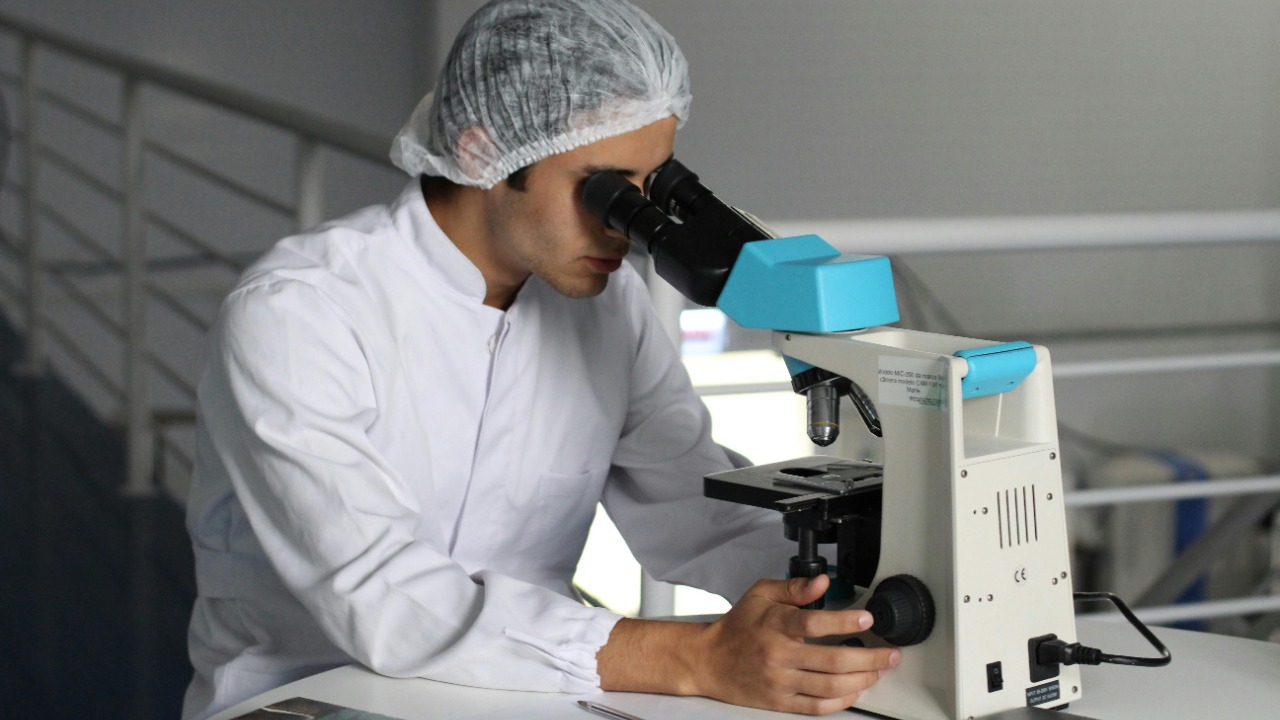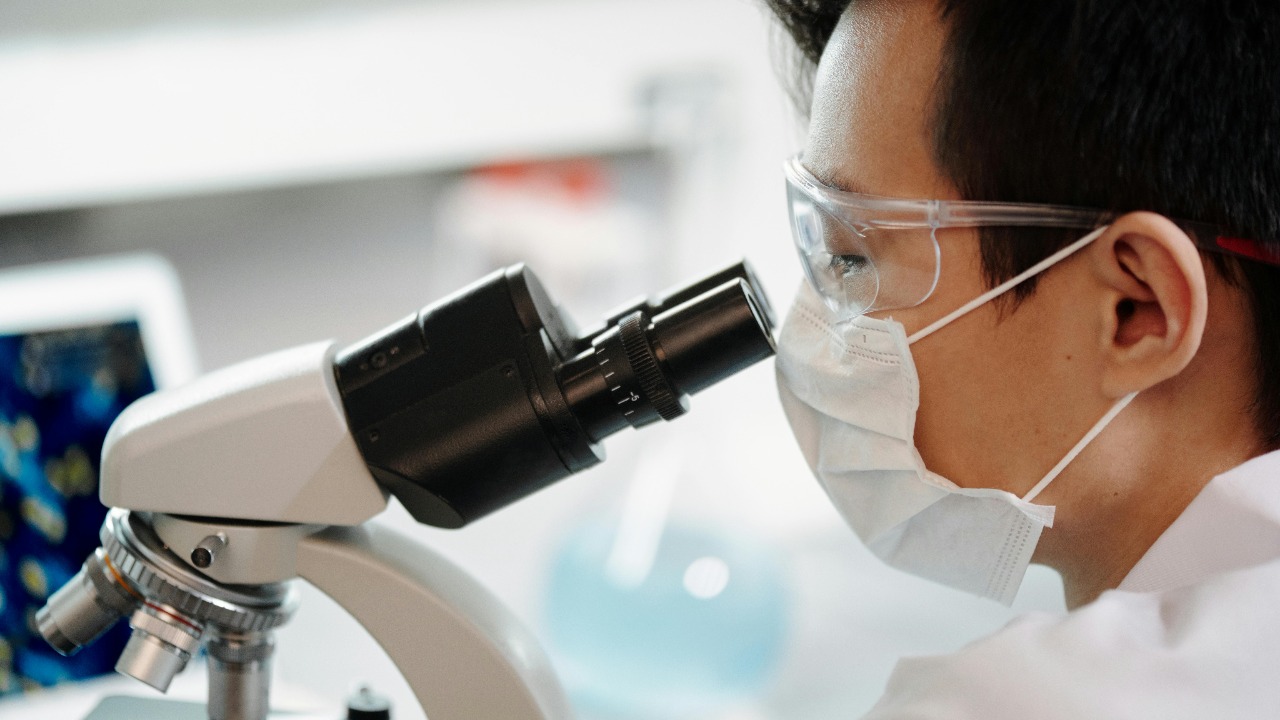
Recent scientific research has pinpointed a pivotal moment in the aging process when the body’s decline accelerates. This discovery sheds light on the biological mechanisms behind aging and provides valuable insights into how we can potentially delay or mitigate these effects. Understanding this turning point offers hope for developing strategies to enhance longevity while maintaining health.
Understanding the Turning Point in Aging

Scientists have identified specific biological markers that signal the acceleration of aging. These markers include changes in DNA methylation patterns, telomere shortening, and alterations in various metabolic pathways. The discovery of these markers has been a breakthrough in understanding how and when aging speeds up, providing a crucial window for intervention.
Genetics play a significant role in determining how quickly an individual ages, but environmental factors such as diet, exercise, and exposure to toxins can also have a profound impact. Studies have shown that identical twins, who share the same genetic makeup, can age at different rates if their lifestyles diverge significantly. This highlights the importance of lifestyle choices in influencing the aging process.
In recent studies, researchers employed longitudinal methodologies, tracking participants over several decades to observe changes in their biological markers. These studies, such as those reviewed in aging research publications, have been instrumental in identifying the turning point, often occurring around midlife, when the biological changes become more pronounced.
Biological Mechanisms Behind Accelerated Aging

One of the key processes involved in accelerated aging is cellular senescence. This occurs when cells lose their ability to divide and function properly, releasing inflammatory signals that negatively affect surrounding tissues. As more cells enter senescence, the body’s ability to repair and regenerate diminishes, leading to visible and functional signs of aging.
Oxidative stress is another critical factor in the aging process. It results from an imbalance between free radicals and antioxidants in the body, causing damage to cells, proteins, and DNA. Chronic inflammation, often fueled by oxidative stress, exacerbates aging by promoting tissue damage and reducing cellular repair mechanisms.
Hormonal changes also contribute significantly to accelerated aging. As we age, hormone levels such as estrogen, testosterone, and growth hormone decline, impacting everything from muscle mass to skin elasticity. These hormonal shifts can accelerate the aging process by affecting metabolism, mood, and overall vitality.
Lifestyle Changes to Mitigate Accelerated Aging

Adopting a nutrient-rich diet can play a crucial role in slowing down the aging process. Diets high in antioxidants, such as the Mediterranean diet rich in fruits, vegetables, nuts, and healthy fats, have been associated with a reduced risk of age-related diseases. These foods help combat oxidative stress, one of the primary drivers of aging.
Regular physical activity is another essential component of healthy aging. Exercise has been shown to improve cardiovascular health, increase muscle mass, and enhance mental well-being. Engaging in activities like walking, swimming, or even yoga can promote longevity and improve quality of life as we age.
Managing stress is also critical to mitigating the effects of accelerated aging. Chronic stress can lead to increased levels of cortisol, a stress hormone that negatively impacts cellular health. Techniques such as meditation, deep breathing exercises, and mindfulness can help reduce stress levels and support healthier aging. For more insights, explore the science behind stress management and its benefits.
The Future of Aging Research and Interventions

The field of aging research is rapidly advancing, with emerging therapies and interventions aiming to slow down the aging process. These include senolytic drugs that target and eliminate senescent cells, as well as advanced antioxidant supplements that combat oxidative stress more effectively.
Personalized medicine and genetic testing hold great promise for managing aging. By understanding individual genetic predispositions, it is possible to tailor interventions to maximize their efficacy. This approach could revolutionize how we approach aging, leading to more effective and personalized strategies for longevity.
However, as with any advancing field, there are ethical considerations and challenges. The pursuit of anti-aging therapies raises questions about accessibility, equity, and the implications of significantly extending human lifespan. It’s crucial for researchers and policymakers to address these issues as the field progresses.
Practical Steps You Can Take Today

While scientific advancements hold promise for the future, there are practical steps you can take today to support healthy aging. Simple habits like staying hydrated, getting adequate sleep, and maintaining social connections can significantly impact your overall health and longevity.
Regular health screenings and check-ups are vital for monitoring age-related changes and catching potential issues early. Tests for blood pressure, cholesterol levels, and bone density, among others, can provide valuable insights into your health status and guide necessary interventions.
Staying informed about the latest research and health optimization strategies is also crucial. Resources such as academic journals and reputable health websites offer valuable information on aging and how to manage it effectively. By taking proactive steps and staying informed, you can navigate the aging process with confidence and clarity.